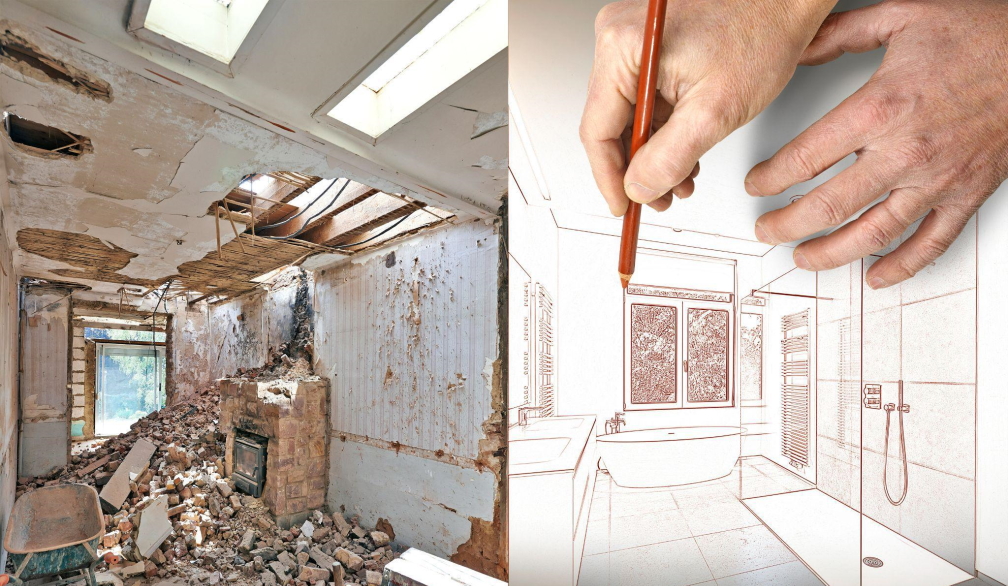5 Safety Tips to Remember When You Start a Construction Business

Construction projects are coupled with numerous hazards, increasing the chances of injury, property damage, or even death. So, construction consultants planning for site safety should be a priority when starting a construction business. If you don't know where to start, here are five safety tips to consider when you start your construction business.
1. Embrace the Best Practices for Scaffolding Tasks
Scaffolding accidents are among the leading type of accidents in the construction industry. Construction business owners pay approximately $90 million as compensation for lost work days due to these accidents. This is not to mention the financial losses that may result from liabilities related to such claims. If you plan to venture into this industry, you can reduce the occurrence of these accidents by upholding scaffolding best practices like:
-
Installing the scaffolds on an even ground
-
Keeping scaffolding off from the power lines (at least 10 feet away)
-
Loading scaffolds with the right weight
-
Not using scaffolds in bad weather, especially snowy and rainy days
-
Training your crew on how to use the safety of the scaffold
-
Inspecting the scaffolding before its use
-
Upholding the OSHA standards for scaffolding
While the above practices can help mitigate accidents, they may not prevent them entirely. You need liability coverage to secure you from any liabilities should the worst happen.
2. Ensure Crane Safety
Crane accidents are common in building sites. One sure way to minimize these accidents is by picking the right crane for your building projects. Generally, cranes can either be fixed or mobile. Make sure your choice can safely lift, rig, lower, and move materials as needed without overturning or risking the operators, your property, and the persons around.
Another way to ensure safety is hiring licensed crane operators. According to Skyline Crane Rental, a crane operator certification remains valid for five years. And that the operator should book for a retest 12 months before their current license expires. Working with a qualified operator will reduce the accidents related to poor handling, like overloading and improper use of the cranes.
3. Rent a Commercial Dumpster
During construction, piles of debris can accumulate anywhere around the construction site, posing a risk of injury to the construction crew and visitors to the construction site. However, you can negate this risk and create a safer construction environment by renting a commercial construction site dumpster to keep all the debris organized.
HomeGuide states that when renting long-term commercial dumpsters, you should consider the cheaper options for 6-12 month rentals. That way, you would bring down the overall construction cost by lowering the rental cost and minimizing the liabilities that may otherwise result from injuries related to haphazard waste disposal.
In addition to implementing robust safety protocols, it's crucial to partner with reliable service providers who understand the intricacies of construction safety. When considering demolition services, ensure that the company you choose adheres to industry standards and prioritizes safety at every step. For those in the Boston area, you can view service options to find a provider that aligns with your safety and operational needs. This approach not only enhances the safety of your construction site but also ensures that all demolition activities are conducted efficiently and responsibly, minimizing risks and maintaining compliance with local regulations.
4. Utilize Special Safety Equipment
Constructions sites are full of potential hazards like heavy machinery, falling objects, and chemical contacts. As such, you should ensure that every stakeholder in your construction business has access to safety gear.
The most common safety gear for construction projects includes heavy-duty gloves, safety vests, safety boots, goggles, hard helmets, etc. You should reflect on the nature of your business to determine the most appropriate gear for your crew and visitors. Also, ensure you have backup gear at the construction site to ensure visitors and employees who misplace their gear can safely navigate the site.
5. Have an Emergency Response Plan
Given the risky nature of most construction sites, it is essential to have an emergency action plan to direct your crew on measures to take in case of an accident. Hire an expert team to analyze your potential risks and emergencies that can happen during the execution of your business. Then organize drills, training programs, and exercises to help your employees familiarize themselves with handling emergencies.
On top of that, you can dedicate an emergency team, who will be researching and reporting potential hazards, training new employees in matters of emergency, and dealing with emergencies.
Running a construction business can be a risky endeavor. However, we have outlined the best tips to help you mitigate most risks and operate profitably. Need more insights? Stay tuned to Business Daily Media for more tips on perfecting your business.







